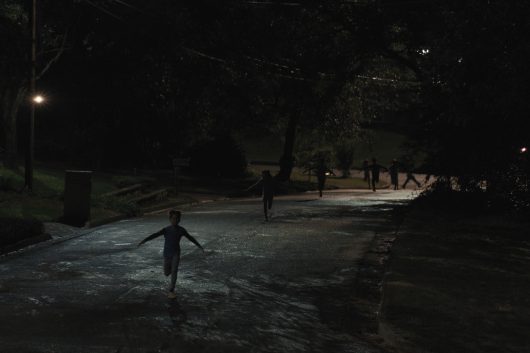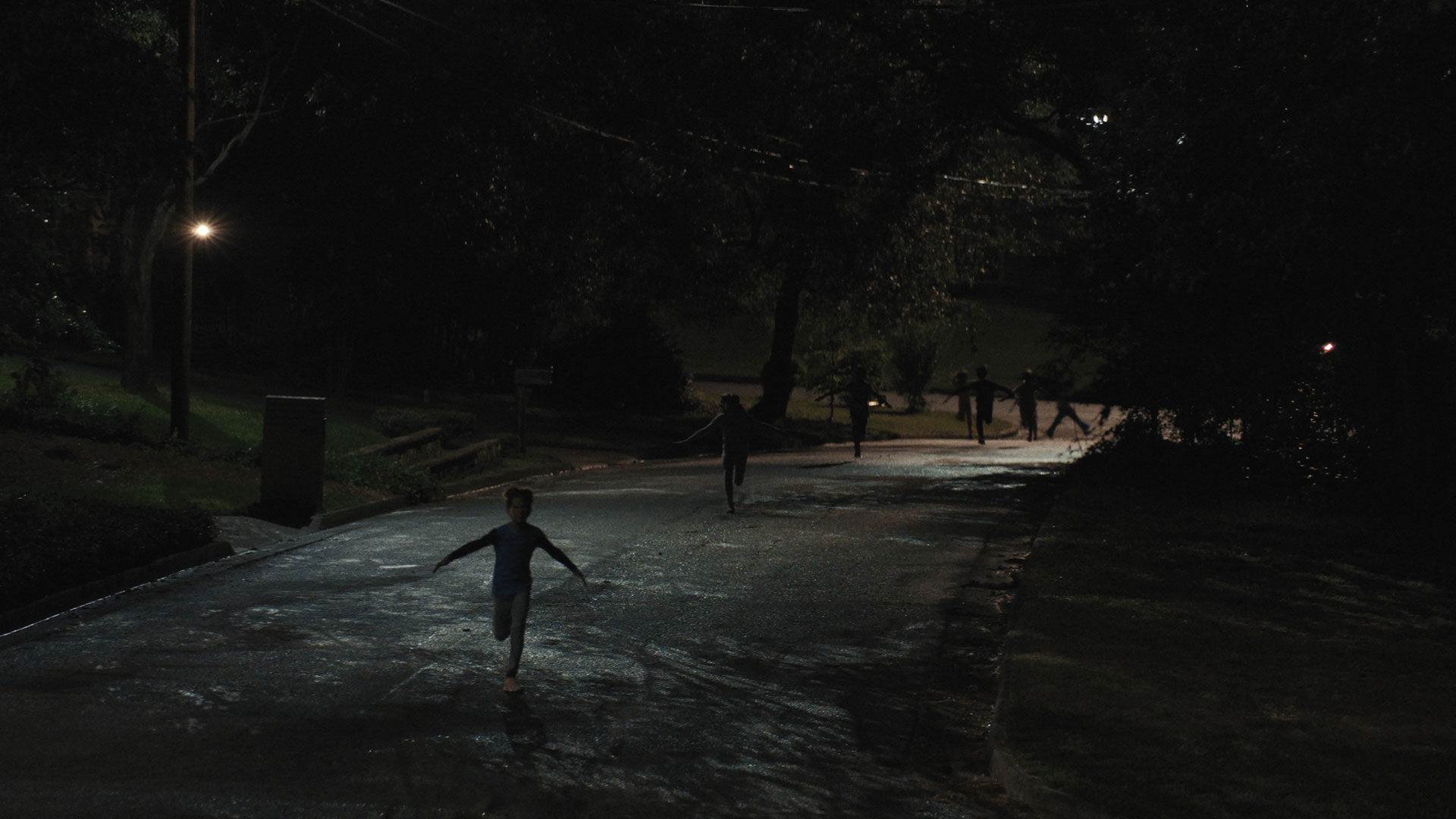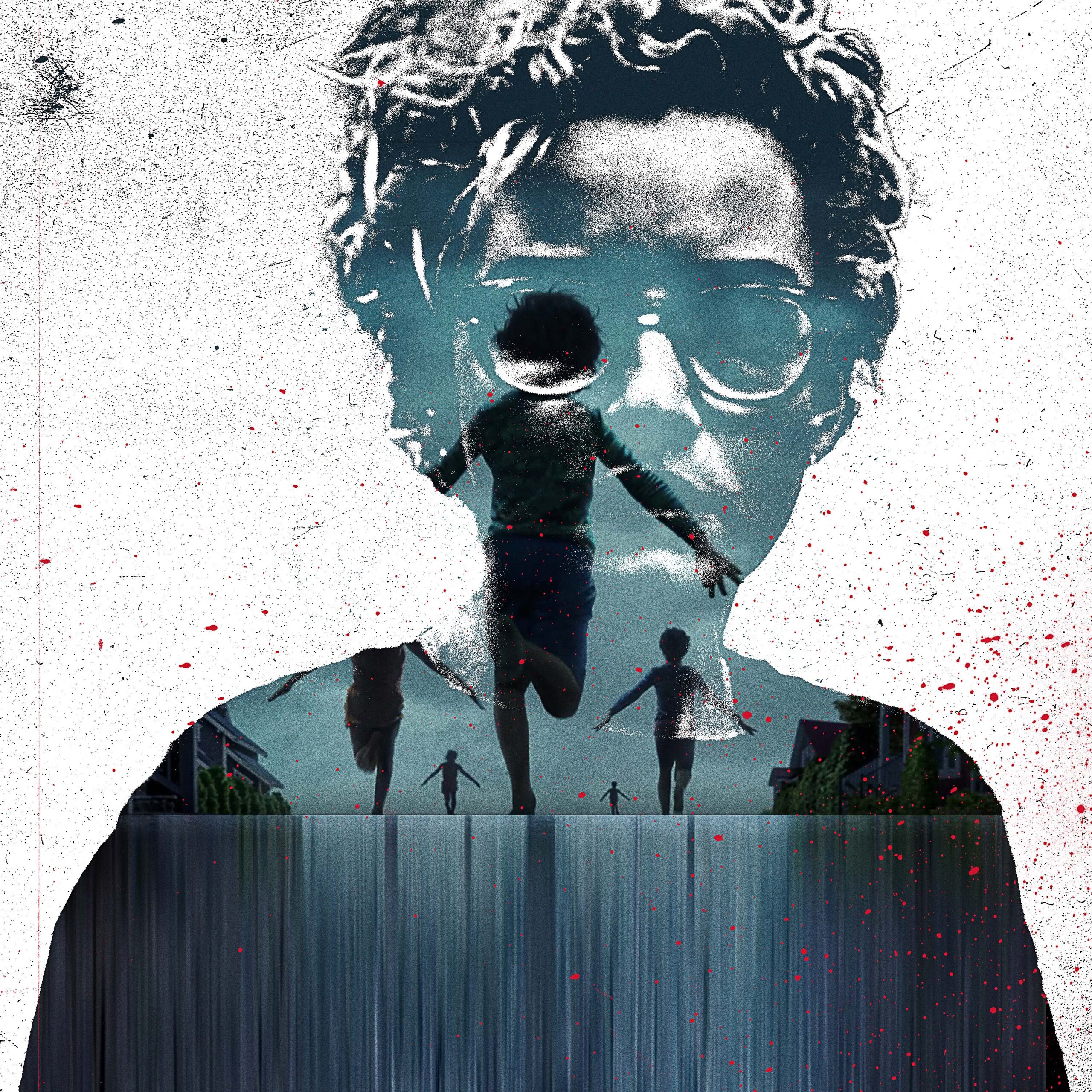


On a serene evening, nearly a full classroom of children rise simultaneously, exit their homes, and dash into the darkness, never to be seen again. What follows? That’s the unsettling enigma at the heart of *Weapons*, the much-anticipated horror film from *Barbarian* writer-director Zach Cregger. The narrative weaves through various townsfolk as they strive to uncover what occurred and why. It’s a thrilling experience, blending frights with an unexpected dose of humor and a hectic third act, as noted in my review.
*Weapons* also features an unexpected primary influence: *Magnolia*, Paul Thomas Anderson’s expansive 1999 character study that trails multiple individuals throughout a day in the San Fernando Valley. The film significantly shaped *Weapons*’ structure, style, and even one of its central characters. That character is Paul, a police officer portrayed by Alden Ehrenreich, tasked with locating the vanished children and navigating a complex relationship with the kids’ teacher, Justine (Julia Garner).
I had a conversation with both Cregger and Ehrenreich to explore *Magnolia*’s impact as well as their experiences while creating the film.
**Minor spoilers for Magnolia and Weapons ahead.**
**To start, congratulations on the film — it terrified me. Weapons was highly awaited even prior to filming; there was intense competition among studios. Alden, my question for you is: what was your initial reaction to the script when you read it for the first time?**
**Alden Ehrenreich:** I was informed about it and given a copy. I hadn’t even watched *Barbarian*. I read through it, and by the time I hit the middle of the 10th page, I thought, “This might be one of the best scripts I’ve ever encountered.” I believe this stems from Zach writing the film from a deeply personal perspective, even though the events depicted are not his own experiences. They derive from a profound emotional source, which is palpable. It resonates differently. There’s an indescribable magic that you sense, yet can’t quite articulate, but you feel it when you read it.
**Regarding the development of Paul in Weapons, was it solely based on the script, or did you have the freedom to explore different facets of his character?**
**Alden Ehrenreich:** In this situation, it was my ideal scenario where I didn’t have any notes or queries regarding the writing at all. I experienced that wonderful feeling as an actor, where I aimed to honor how exquisitely the writing was crafted. When that’s the case, my role is just to delve deeper, flesh it out, and bring him to life as a real person.
**Since your role is very physically demanding — particularly in the third act — could you share what the training was like for Weapons?**
**Alden Ehrenreich:** I collaborated with a police officer to ensure that everything I did aligned with academy training. Beyond that, it was just standard stunt training.
**Zach, you’ve previously mentioned that Weapons was partially inspired by Magnolia. Can you elaborate on how that film influenced your work on this one? Were there other films that played a role as well?**
**Zach Cregger:** First and foremost, John C. Reilly’s mustache is featured in this film — and it’s worn by Alden. That’s the initial point. We actually crafted Paul’s appearance — his hair, mustache, and everything — based on Reilly’s look in *Magnolia*.
The reason *Magnolia* serves as the primary reference is that it’s a grand, expansive, multi-character narrative. It’s profoundly serious, but also hilarious. It has a distinct visual style, yet incorporates a variety of tones, if that makes sense.
Furthermore, it embraces being an epic, and I simply like the notion of creating a horror film that feels like an unapologetic epic in the same vein as *Magnolia*. Additionally, *Magnolia* features a bizarre, incredible miracle at its core, exemplified by the raining frogs [in the film’s climax]. I thought, “That’s fascinating.” To me, the children fleeing at the film’s outset serves as my miracle at the beginning, and everyone must confront that. There are numerous elements.
There’s the scene where they search for John C. Reilly’s gun in the rain, and I was utterly captivated by that movie’s visuals. [Robert Elswit] is the cinematographer of that film, and his work is exceptional. [Cinematographer Larkin Seiple and I] frequently discussed that film’s visuals during our production.
No Comments
To comment you need to be logged in!